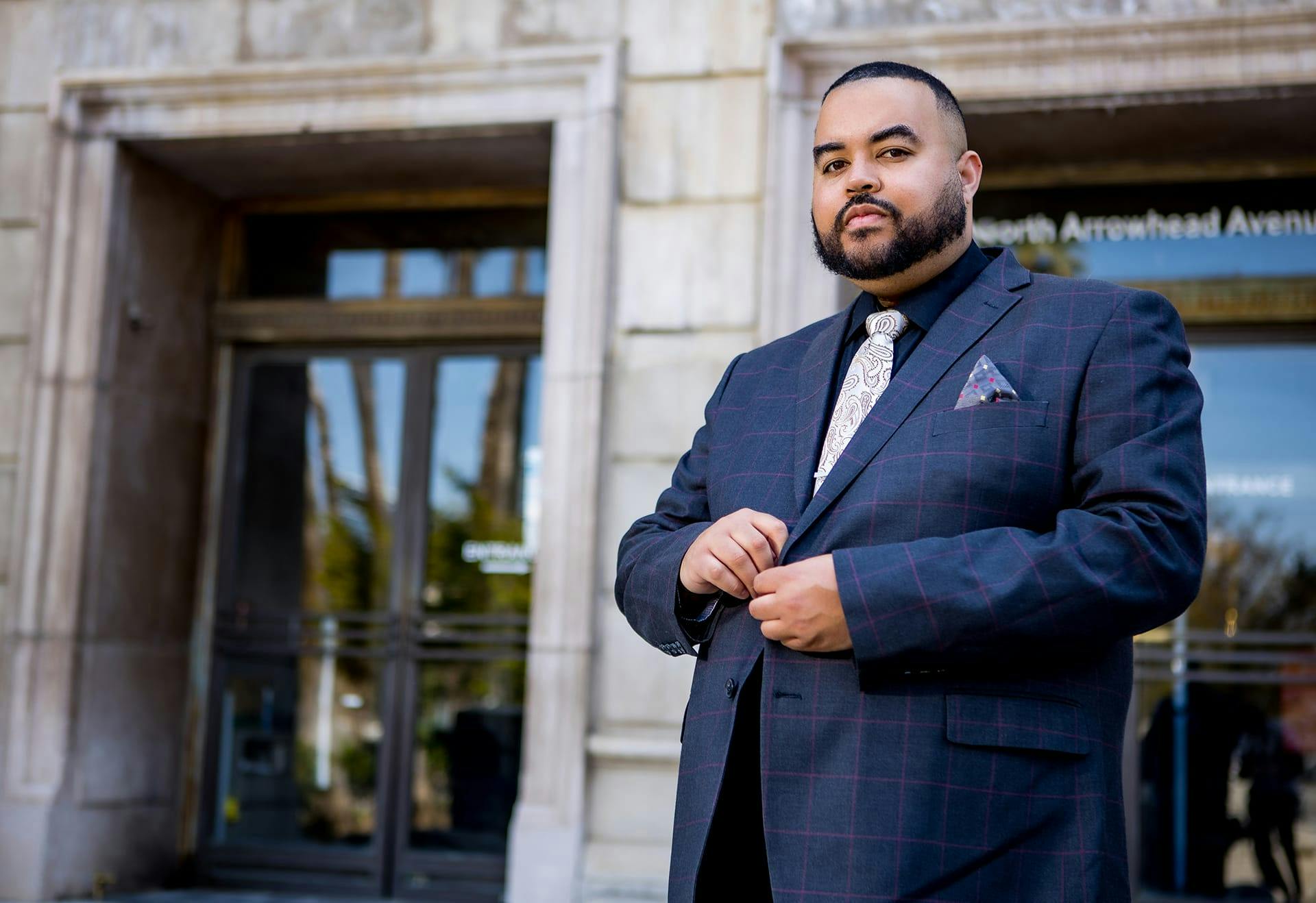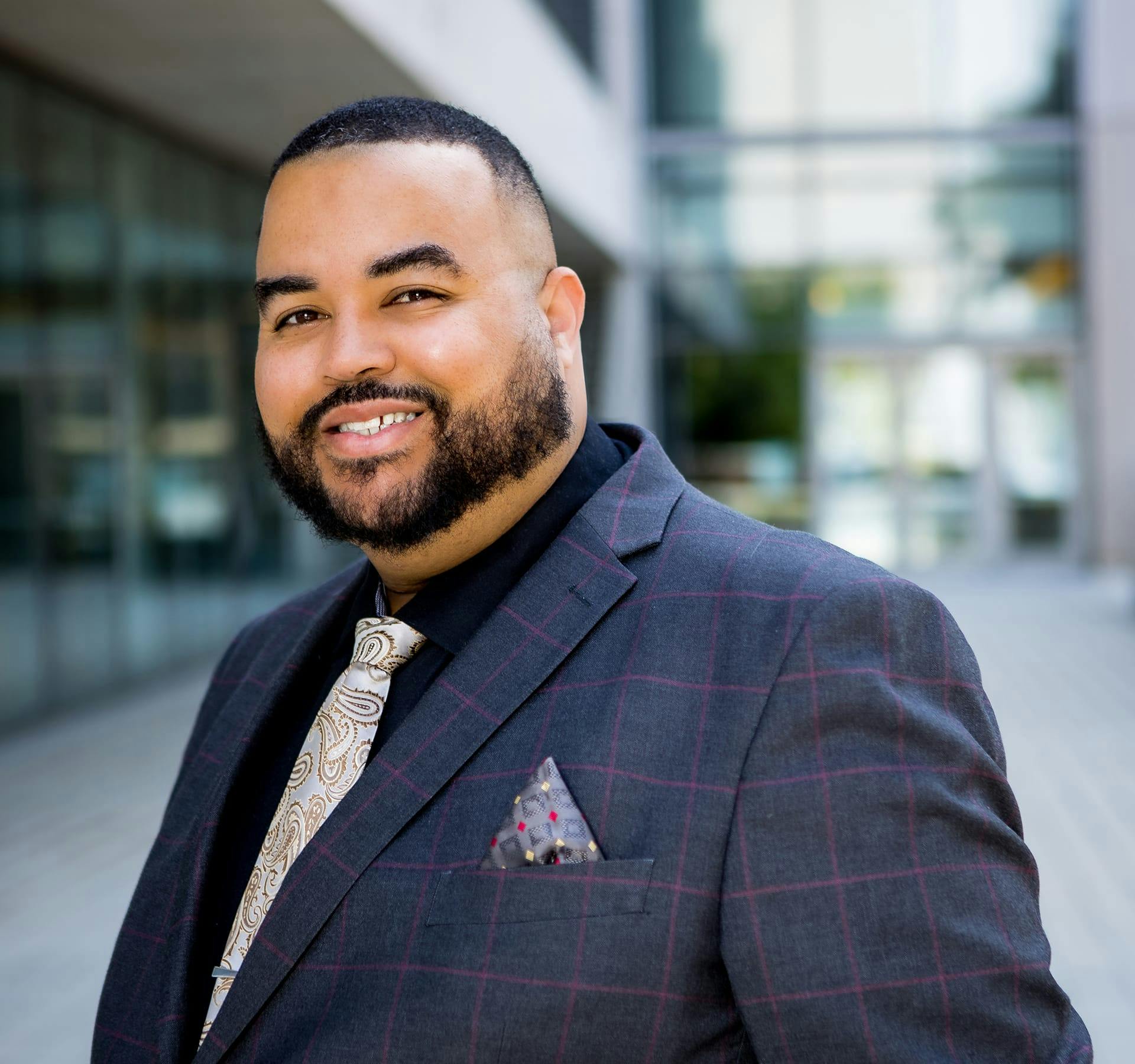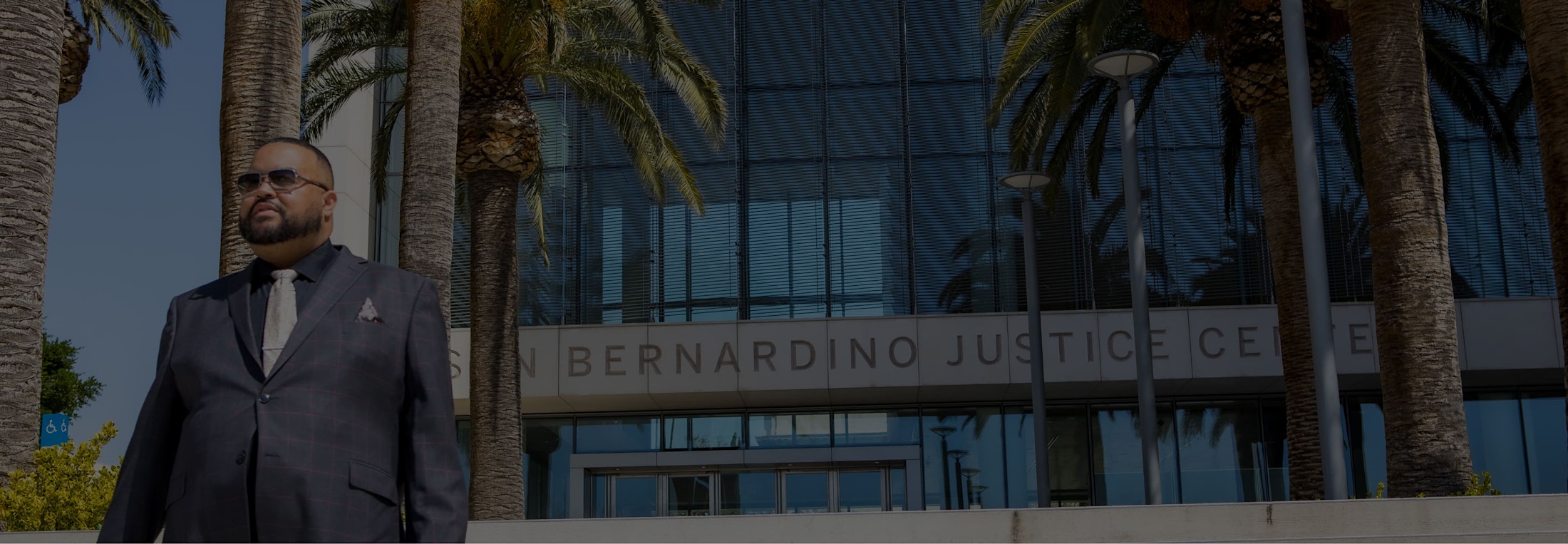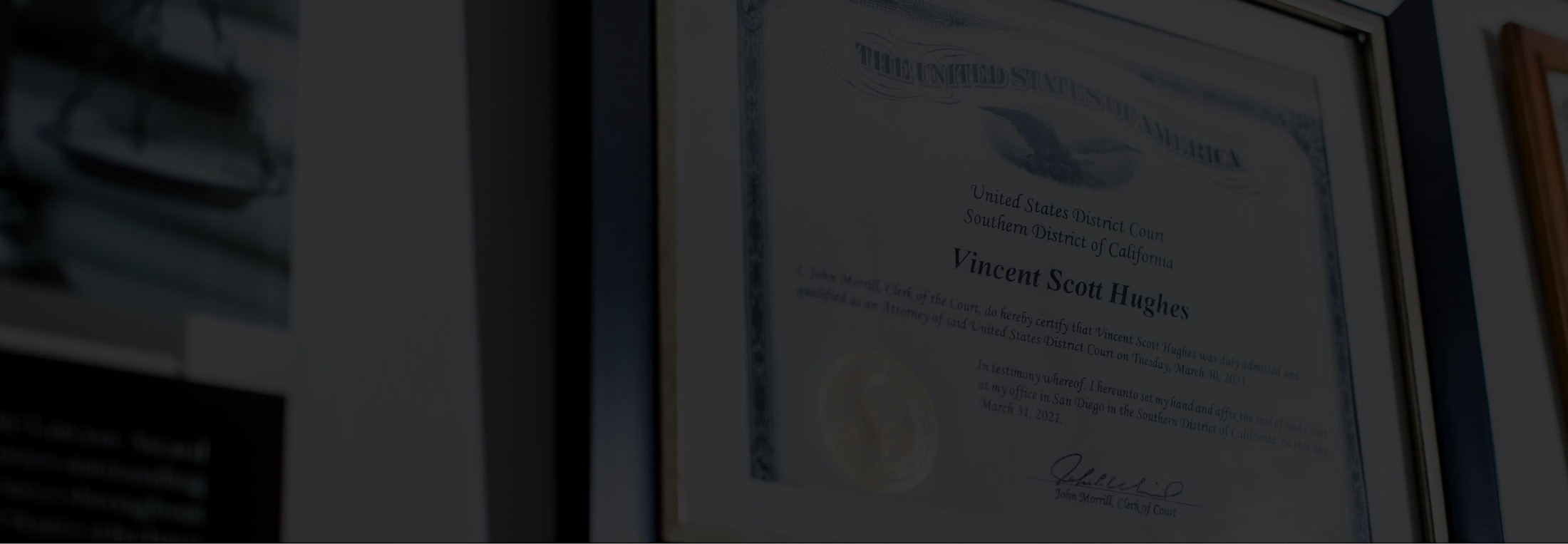If you are charged with a criminal act, it's imperative that you retain a skilled attorney to protect your rights and to advocate for your defense. Vincent S. Hughes is an experienced, talented criminal defense lawyer in San Bernardino who meticulously investigates, advocates, and represents criminal defendants throughout Southern California.
Vincent Hughes: A criminal attorney who works harder and smarter.
Finding yourself charged as a criminal defendant has a wide-ranging impact on life, including emotionally, professionally, financially, and at home. Being accused of a criminal offense is a stressful situation, and extremely difficult to navigate. The threat of incarceration, fines, and a blot on your criminal record is real, particularly in San Bernardino, where career prosecutors focus on achieving the highest conviction rate possible.








